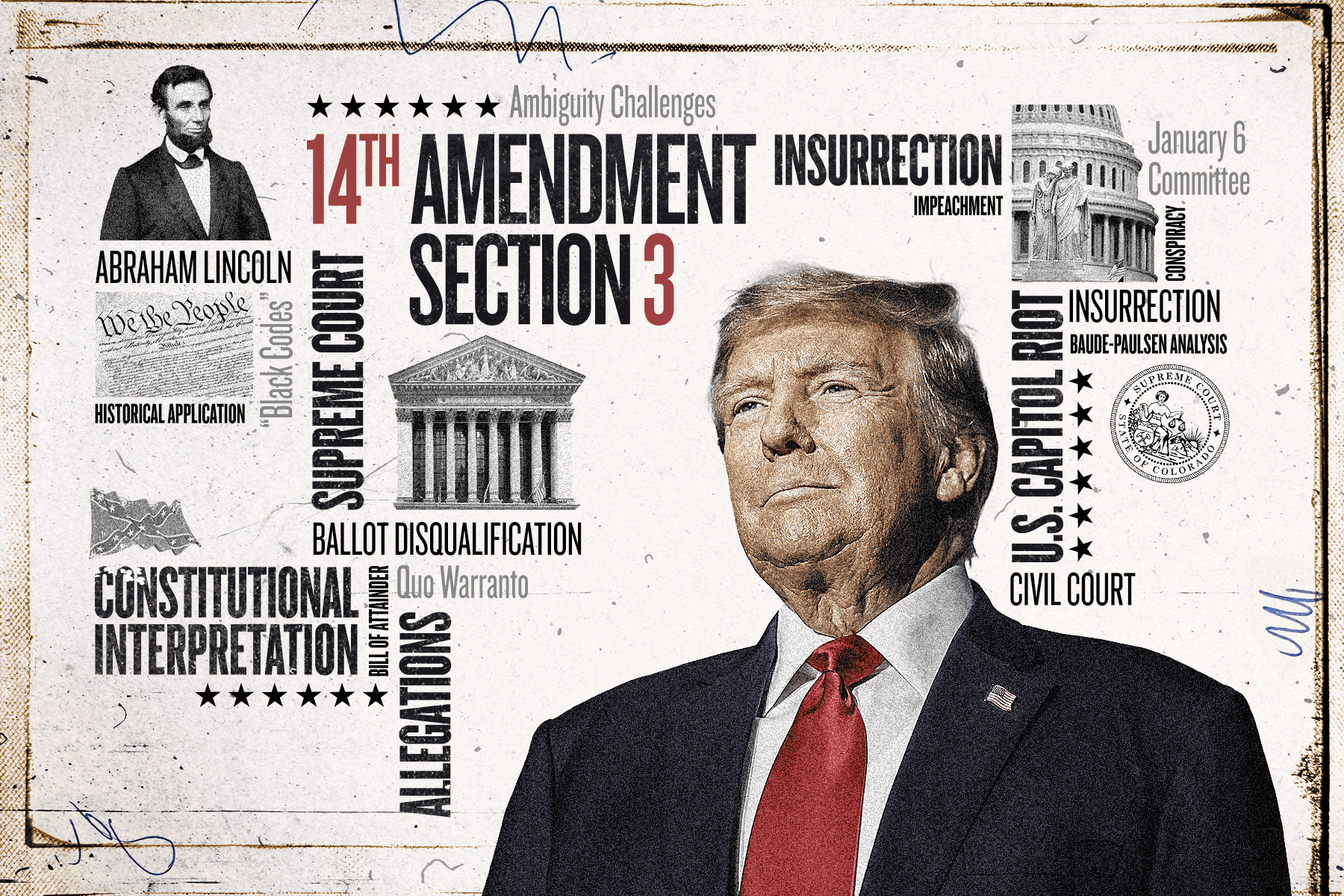In a great historical irony, one of the least studied parts of the U.S. Constitution is poised to unleash on the country a whirlwind of political vendetta.
However, the Supreme Court may still block such a consequence.

In a great historical irony, one of the least studied parts of the U.S. Constitution is poised to unleash on the country a whirlwind of political vendetta.
However, the Supreme Court may still block such a consequence.